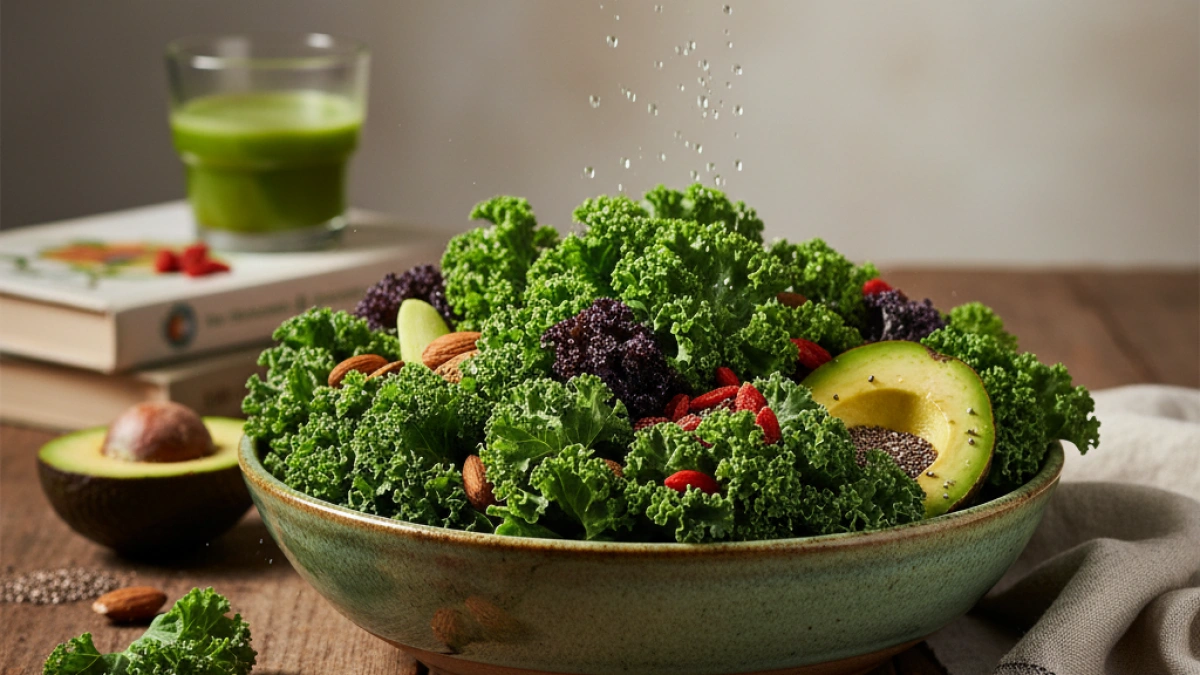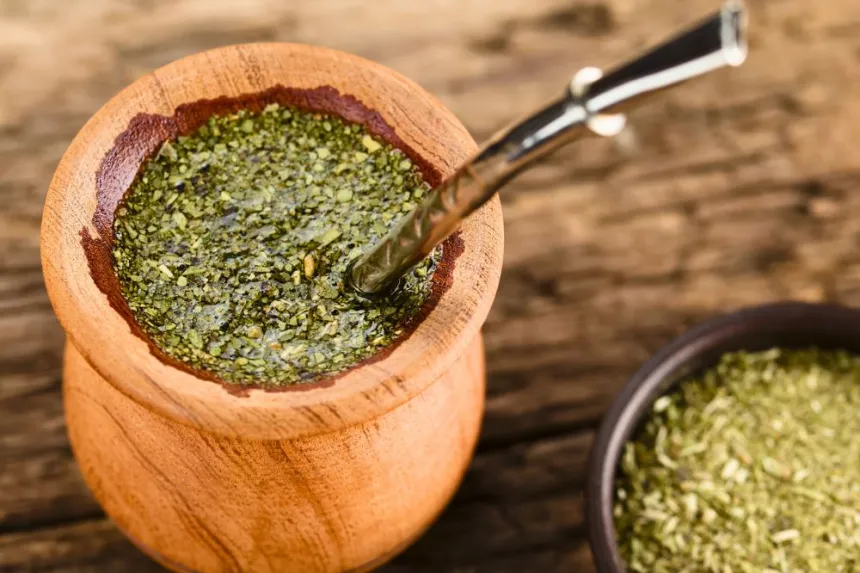Benefits of kale: the superfood you need to know about

Kale, also known as curly cabbage, has become one of the most popular superfoods in the world of nutrition. This leafy green vegetable is not only versatile and delicious, but it is also packed with essential nutrients that offer numerous health benefits. In this article, we will explore the properties of kale and why you should consider including it in your daily diet.
Essential Nutrients in Kale
Kale is an excellent source of vitamins and minerals. Among its main components are:
Vitamin K
Kale is known for its high vitamin K content, which is crucial for blood clotting and bone health. A single serving of kale can provide more than 100% of the recommended daily intake of this vitamin.
Vitamin C
Another important nutrient found in kale is vitamin C, an antioxidant that helps strengthen the immune system and combat free radicals. This makes kale an ally in disease prevention.
B Vitamins
In addition to vitamins K and C, kale also contains several B vitamins, which are essential for energy production and the proper functioning of the nervous system.
Minerals
Kale is rich in minerals like iron, calcium, and magnesium, which are essential for overall good health. These minerals help in the formation of red blood cells and are important for maintaining bone health.
Antioxidant Properties of Kale
One of the most remarkable features of kale is its high antioxidant capacity. The vegetable contains compounds like flavonoids and carotenoids, which help reduce inflammation and protect cells from oxidative damage.
These antioxidants are not only beneficial for the body but also play an important role in reducing the risk of chronic diseases such as heart disease, diabetes, and certain types of cancer.
Heart Health Benefits
Including kale in your diet can have a positive impact on cardiovascular health. This superfood is high in fiber, which helps lower levels of bad cholesterol (LDL) and improves overall lipid profile. Additionally, its potassium content helps regulate blood pressure, which in turn reduces the risk of heart problems.
Healthy Digestive System
Kale contains a significant amount of fiber, which supports digestive health. Fiber is essential for maintaining regular digestive function, preventing constipation, and promoting a healthy environment in the intestines.
How to Incorporate Kale into Your Diet
Incorporating kale into your daily meals is easy. You can enjoy it in salads, smoothies, soups, or even as an ingredient in main dishes. Its flavor pairs well with various ingredients, making it a versatile and delicious option.
Some tips for consuming kale include:
- Salads: Mix kale with other fresh vegetables and proteins.
- Smoothies: Add it to your smoothies along with fruits.
- Sautéed: Cook kale lightly sautéed with garlic and olive oil.
Conclusion
Kale is a superfood that offers a wide range of nutritional benefits. Its high content of vitamins and minerals, along with its antioxidant properties, makes it an excellent choice for improving health. Consider adding this vegetable to your diet and enjoy all its goodness.
If you want to read more news related to health and nutrition, I invite you to visit my blog, where you will find more interesting and useful information. Don’t miss it!











































